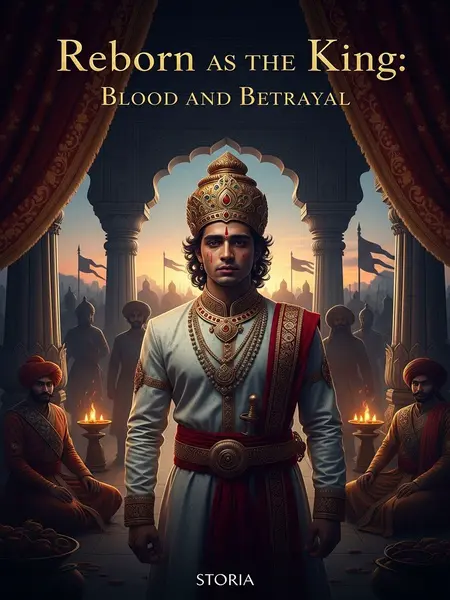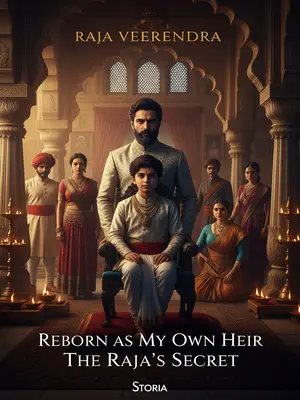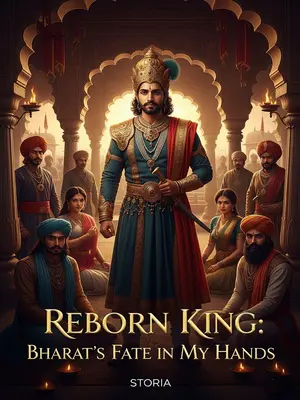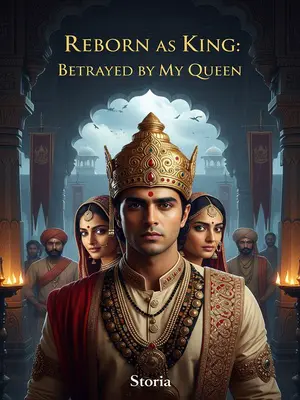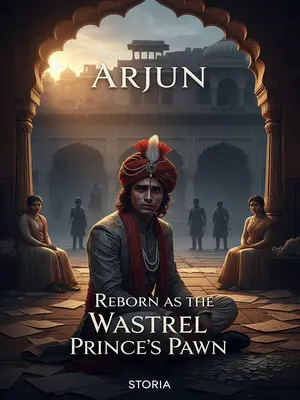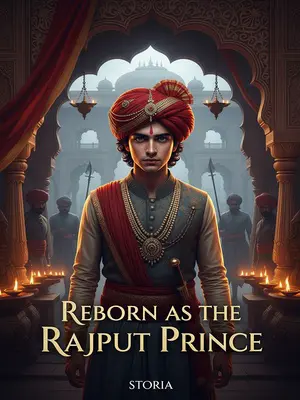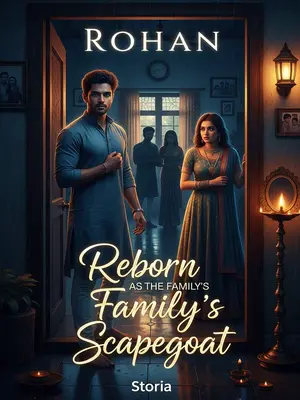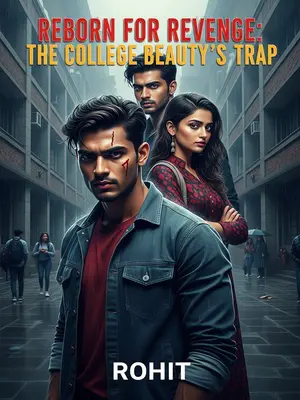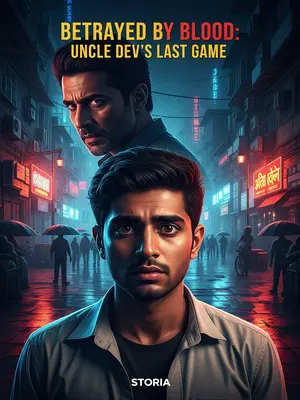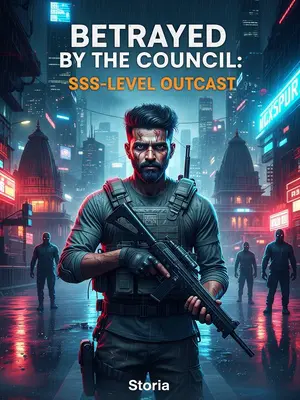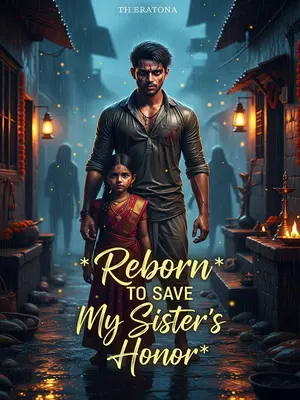Chapter 3: Brothers Reunited in Chains
That night, Arjun Pratap took his sword straight to the city jail, forced open the prison gates, and rushed to see Vikram.
His footsteps echoed down the stone corridors, scattering rats and guards alike. The torchlight flickered, casting monstrous shadows on the damp walls. Somewhere, the distant clatter of kitchen vessels and the faint smell of agarbatti from a shrine room mixed with the stink of old sweat and fear.
Vikram sat with his back to the cell door, eyes closed. “My ears are injured, I cannot hear clearly. Whoever comes to accuse me, I have only four words: Bhagwan is witness, Bhagwan is witness.”
His voice was hoarse, but unbroken. Even through the filth and pain, the dignity of a true warrior clung to him like a second skin.
Arjun Pratap took a deep breath. Even through the cell door, he could hear the loyalty in those four words.
It rang out like the cry of a wounded lion, proud and defiant.
He could also smell the festering wounds on Vikram’s body, see the mottled marks of the whip.
The stench of infection, the sticky blood—these were the medals of a fallen hero, proof of suffering endured for a country that had turned its back.
Arjun Pratap shouted, “Veer, I am late!”
His voice cracked on the last word, carrying the pain of all those lost years.
Vikram frowned, slowly turned, and saw that familiar yet unfamiliar face.
He blinked, as if seeing a ghost. Then, a flicker of recognition—a memory of laughter shared over spiced buttermilk, a promise whispered at dusk.
Familiar, naturally, because of Samar Pratap; unfamiliar, because Vikram had never seen such burning light, such honest tears, in Samar Pratap’s eyes—had never seen Samar Pratap pick up a sword and strike at the city jail cell door.
It was a sight to stir the heart of any man—king and general reunited not by power, but by shared pain.
Of course, the door didn’t break.
The iron held firm, a stubborn relic of old regimes. But the intent was enough.
But that didn’t matter. Arjun Pratap’s expression did not change, and he struck again.
Each blow rang out like a declaration of war, shattering the silence of the night.
The jailer hurried over, “Maharaj, Maharaj, there is a key, there is a key!”
His hands shook so badly he nearly dropped the heavy brass ring. He glanced at Arjun, half in awe, half in terror.
Arjun Pratap was not the least embarrassed. He quietly stepped back half a pace, and as soon as the jailer opened the door, he rushed forward, tears in his eyes, seized Vikram’s hand, and cried, “Veer, I am late!”
He seized Vikram’s hand, his grip desperate, the words breaking on a sob. In that moment, Arjun muttered a half-choked prayer: “Bhagwan ki kasam, mujhe maaf kar de, Veer.”
The two men stood there, hands clasped, the cold forgotten, the world outside falling away. In that moment, a new history began—written not in ink or blood, but in the promise of redemption between brothers who would not surrender.
The city would wake to a new dawn, whether it wished to or not.
